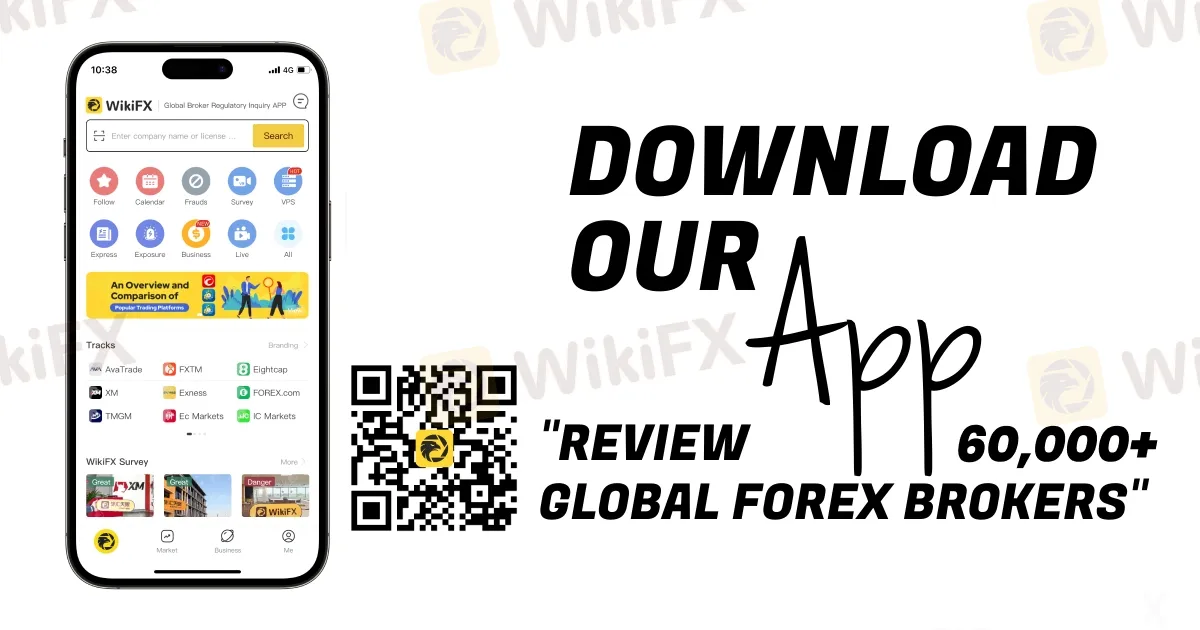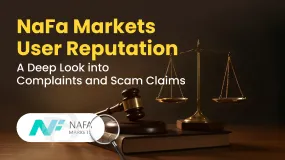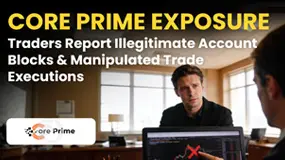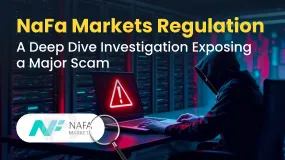Abstract:Stanislav Bublik serves as Chief Product Officer at Finyard, a global FinTech software solutions provider and Advisor to the Board for Finery Markets, a leading OTC electronic marketplace, brings over 15 years of experience in electronic trading—spanning product innovation, scalability, and institutional-grade execution—from his roles at Exness (Head of Trading Products) and Sberbank (Global Head of Electronic Markets Distribution).

Stanislav Bublik serves as Chief Product Officer at Finyard, a global FinTech software solutions provider and Advisor to the Board for Finery Markets, a leading OTC electronic marketplace, brings over 15 years of experience in electronic trading—spanning product innovation, scalability, and institutional-grade execution—from his roles at Exness (Head of Trading Products) and Sberbank (Global Head of Electronic Markets Distribution).
I. Product Innovation & Market Leadership
Q1. At Exness, you led a large product team through a period of exceptional growth—over $3 trillion in monthly trading volumes. What strategies or product innovations enabled this success?
The primary focus at Exness was to deliver an exceptional trading product with better-than-market trading conditions. Easier said than done, of course. Most companies compromise on the 80/20 approach in product development, and I share that view for many areas. However, you need to hand-pick a few areas where your offering will truly excel and put all efforts into delivering over the last mile. This is very costly, but thats where real value is created and where customers will love your product - especially when the company is competing in a well-established market. That strategy worked for me in the past at Exness and Sberbank, and it continues to help in my current role at Finyard in developing exceptional trading software offering.
Q2. Platforms like WikiFX, which provide transparency on broker compliance and performance, benefit professional and retail traders alike. How important do you think such transparency tools are for elevating product quality and trust in trading platforms?
My background is in heavily regulated institutional business, and I do believe that many of the best practices from there should be applied more strongly in retail trading. A combination of community-driven platforms - where traders can obtain unbiased, objective information and reviews -together with trade execution quality tools creates the critical mix to ensure market fairness. A fair market benefits regulated players, as over the long term unfair peers are eliminated, creating healthy competition among players on equal footing. This represents a long-run equilibrium, rather than competing with someone who never intends to keep their promises.
II. Cross-Domain Expertise & Product Governance
Q3. With experience across retail FX, institutional eFX platforms, and crypto execution venues, what common product governance principles should organizations prioritize to ensure long-term reliability and regulatory readiness?
The key is to pull together a strong leadership team consisting of
(1) A Business Practitioner
(2) A Technology Expert
(3) A Quantitative Leader
I have seen many great initiatives fail due to a lack in one of these areas, creating critical flaws in the product architecture. Regulatory compliance will naturally follow from the best practices introduced by the business lead, combined with strong data-processing capabilities and resilience provided by the other two.
Q4. How might industry expos like WikiEXPO foster meaningful collaboration between product leaders, regulators, and traders to shape better standards and innovation?
Its the best place to meet leaders in one space and get a sense of where innovation is heading. Just as traditional exchanges are imperative for a well-functioning financial market, expos like WikiEXPO are critical as the marketplace where actual market infrastructure is created.
III. Future Vision – Trends & Collaboration
Q5. Looking ahead, which emerging trends do you believe will most influence electronic trading—specifically around scalability, data privacy, or decentralized models?
I believe we are witnessing a major shift in finance over the next decade: on-chain services are finally gaining adoption across payments with stablecoins, and we are on the brink of a tokenization boom that will transform both traditional custodial infrastructure and rights ownership transfer. The infrastructure will become far more efficient and scalable on demand, and regulation will hopefully keep pace. This can open up a whole new layer of asset classes, as well as a battle between TradeFi and on-chain companies for the safekeeping of client assets.
Within those macro-trends, however, we will definitely see growing market fragmentation, with assets being traded in new ways. This will create further opportunities for traders, market makers, brokers, and infrastructure providers.
Q6. Advice for WikiFX and WikiEXPO?
Keep organizing more events and inviting interesting people! Great momentum so far.
About WikiEXPO Global Expert Interview
As the organizer of WikiEXPO, WikiGlobal is committed to fostering international dialogue and cooperation through offline exhibitions. By engaging with global experts on financial regulation, technology, and governance, WikiGlobal aims to enhance the integration of fintech and regtech, improve regulatory efficiency and accuracy, and promote industry self-discipline. Through these efforts, we encourage financial institutions to adopt best practices, build a more transparent and resilient ecosystem, and ultimately create a safer trading environment for investors worldwide.










